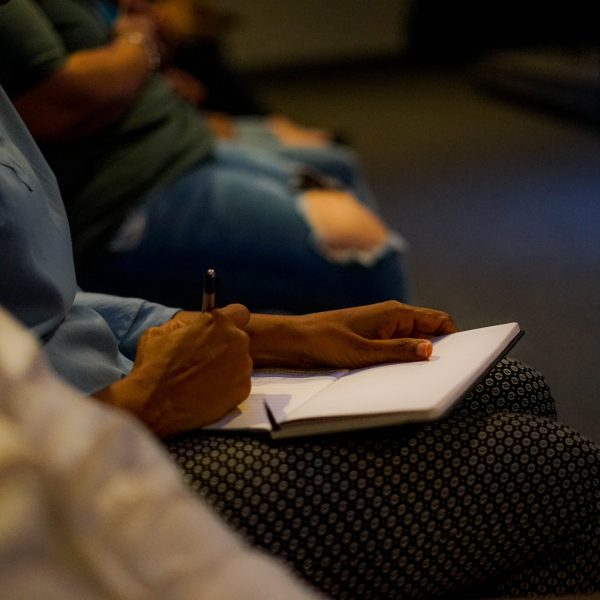New OECD report provides global yardstick to evaluate the success of early years efforts

A new first of its kind report, prepared by the Organisation for Economic Co-operation and Development (OECD) and publicly available 18 March 2020, has shone a light on how children in the United States, England and Estonia experience early education.
Noting that the first five years of every child’s life are “a period of great opportunity, but also one of risk”, report authors said the cognitive and social-emotional skills that children develop in these early years “have long-lasting impacts on their later outcomes throughout schooling and adulthood”.
While the quality of later schooling also matters, a strong foundation in early learning accelerates later development whereas a poor start inhibits it. From this premise, the OECD said that countries will make faster progress on improving children’s early learning experiences when they are able to learn from other countries and systems, rather than each working in isolation.
“There is a lack of reliable, valid and comparable international evidence that enables countries to do so. The International Early Learning and Child Well-being Study addresses this gap,” a spokesperson said.
The fundamental objective of the study is to provide participating countries with information they can use to benchmark and monitor the performance of their systems in giving all children a strong early start.
The study focuses on those aspects of children’s early learning that have been found to best predict positive later outcomes, many of which are interrelated and mutually reinforcing:
- emergent literacy;
- emergent numeracy;
- self regulation, and;
- social-emotional skills.
In order to gain a clear picture of children’s learning and development, OECD researchers conducted not only a direct assessment of children’s skills, but also sought feedback from parents and teachers on children’s learning, development and behaviour.
Children completed the direct assessment on tablets, with one-to-one support from a trained study administrator. The children listened to stories and engaged with cartoon-like characters in these stories by touching or moving items on the screen.
Researchers said the process was “simple and intuitive”, and was trialled with different groups of children before the study was implemented in the participating countries. Children did not need any prior experience with tablets or other digital devices to successfully complete the activities.
The study found clear differences in children’s early learning across the three countries, including between different groups of children such as boys and girls and children from different socio-economic backgrounds. In addition, the study found similarities across countries in the factors that are positively or negatively associated with children’s early learning and well-being.
The study will be released in full later this week, and will be available here. Ahead of the release, a summary of key findings, as well as a series of infographics, has been made available.
Popular

Workforce
Policy
Quality
Practice
Provider
Research
ECEC must change now, our children can’t wait for another inquiry
2025-07-02 07:47:14
by Fiona Alston

Events News
Workforce
Marketplace
Practice
Quality
Provider
Research
An exclusive “Fireside Chat” with ECEC Champion Myra Geddes
2025-07-01 11:25:05
by Fiona Alston

Workforce
Practice
Provider
Quality
Research
Supporting successful transitions: Big moves, big feelings
2025-06-26 11:00:30
by Fiona Alston











